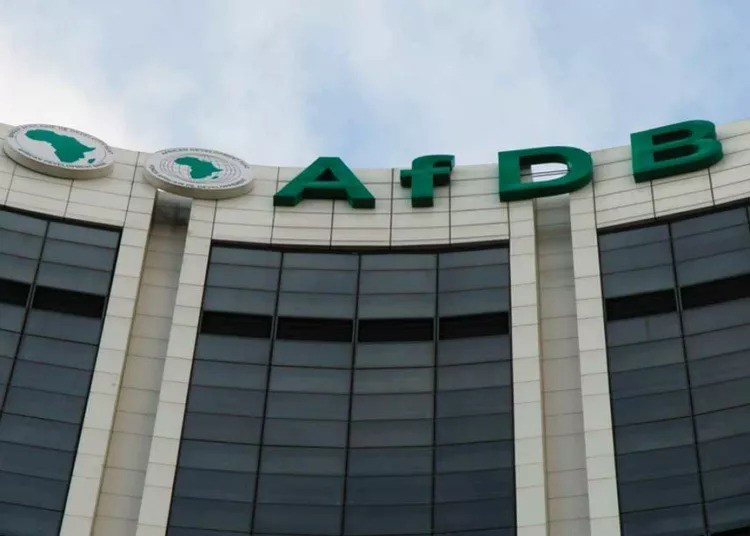The African Development Bank (AfDB) Group has approved a $500 million loan to Nigeria to fund the second phase of its economic governance and energy transition support programme (EGET-SP), the lender announced on Wednesday.
The facility will support Nigeria’s push to modernise its electricity infrastructure, expand access to cleaner energy and deepen fiscal and governance reforms. It follows a similar $500 million loan approved in August 2024 for the first phase of the programme.
AfDB said the second phase, covering fiscal years 2024 and 2025, is designed to “stimulate inclusive growth by accelerating structural reforms in the energy sector, while supporting progressive reforms of fiscal policy to boost non-oil revenues and expand fiscal space.”
Read Also: Banks’ OMO cash surge lifts deposits with CBN by 150%
According to the bank, the programme focuses on three areas: strengthening public financial management and improving spending transparency; advancing reforms in the power sector to reduce energy poverty and attract private investment; and supporting Nigeria’s energy transition plan through climate-adaptation and mitigation measures, including new energy-efficiency standards for electrical appliances.
The plan will also guide Nigeria’s update of its nationally determined contribution (NDC) for the 2026–2030 period.
Direct beneficiaries include the ministries of power, finance and environment; the Federal Inland Revenue Service; the Office of the Auditor-General; the Debt Management Office; the National Climate Change Council; and the Nigerian Electricity Regulatory Commission. The AfDB said the private sector will benefit from a more stable investment climate and opportunities tied to the transition.
As of 31 October 2025, the bank’s active portfolio in Nigeria comprised 52 projects valued at $5.1 billion.
Abdul Kamara, AfDB’s director-general in Nigeria, said the new phase “will reinforce and build on the achievements of the first phase.”

